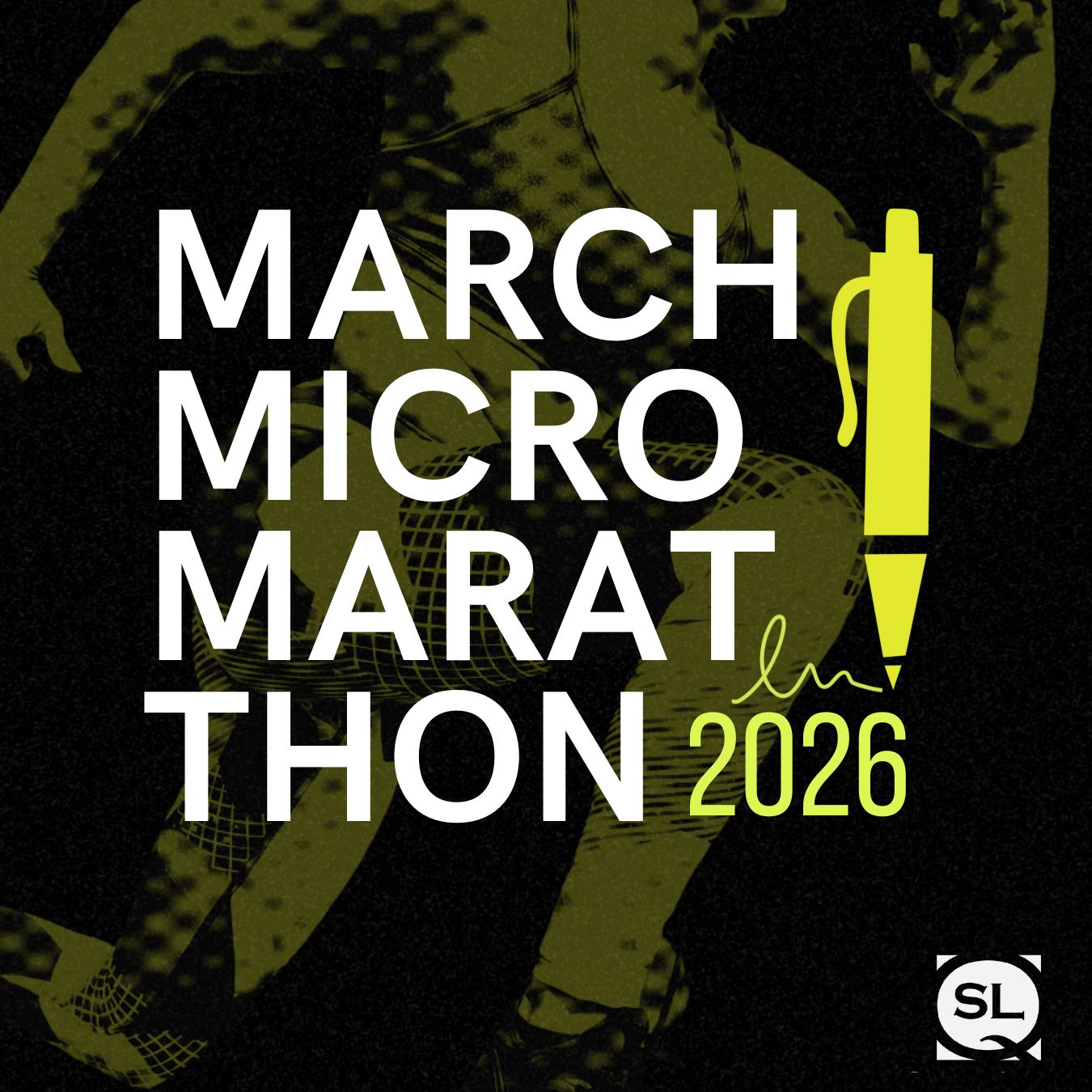Did you set out to write “My Mother’s Breakup Story” as a micro, or did you reach that decision during the editing process?
Always a micro. When I was growing up, my mother would tell me and my sister stories about our father, and most of what I know about him came from those secondhand tales. In my retelling of this particular one, I wanted to capture my mother’s dramatic flare in as few words as possible, so I kept whittling away at the word count. At one point, I think I had it stripped down to a very terse fifty!
Micro-stories often rely on implication. Tell us about the role of subtext in this piece and how it relates to the final, resonating image of the rotary sprinkler.
My mother’s fierceness around protecting her home and her two daughters was always obvious to me, but what I didn’t realize until many years later was the pain she was never able to let go of. I was an infant when this event occurred, but I always knew the very spot in the front yard where my mother dragged the black trunk she’d packed with my father’s clothes. The repeated slap of the water from the sprinkler onto it personifies both her continued resentment of him and regret for her impulsivity.
I get the sense the narrator has thought about this story over and over, but this is their first time sharing it. So, even though there’s a feeling of distance (in both time and emotion), there’s also intimacy. To whom do you envision the narrator speaking?
It was years before I wondered about the accuracy of this story of my mother’s. I think I wanted to use her as narrator of the events—which belonged to her—and then to find my place in the legend by situating myself there, too.
What are you working on now?
For a few years, I’ve been working on a book-length project, and so flash pieces provide some much-needed relief from running that marathon. Here’s a quick three-sentence summary of that work-in-progress, which is now in the revision stage:
After my father’s death, his widow summons his three disconnected families to a “viewing.” My journey will wind across Texas and through memory and story, to a much-earlier loss and its continued conflicts. This Is Where I’ll Be is a memoir about ambiguous loss, displacement, and finding one’s way home.



 In its third year, The March Micro Marathon will be, as usual, a prompt-a-day whirlwind for 24 days. You’ll exchange drafts of micro fiction, non-fiction, and prose poetry in small groups and gather for a series of online events (all recorded for participants unable to attend live). We’ll finish with 3 competitions, and participants who are not already in SmokeLong Fitness will be invited to workshop with SmokeLong Fitness until the end of April!
In its third year, The March Micro Marathon will be, as usual, a prompt-a-day whirlwind for 24 days. You’ll exchange drafts of micro fiction, non-fiction, and prose poetry in small groups and gather for a series of online events (all recorded for participants unable to attend live). We’ll finish with 3 competitions, and participants who are not already in SmokeLong Fitness will be invited to workshop with SmokeLong Fitness until the end of April!